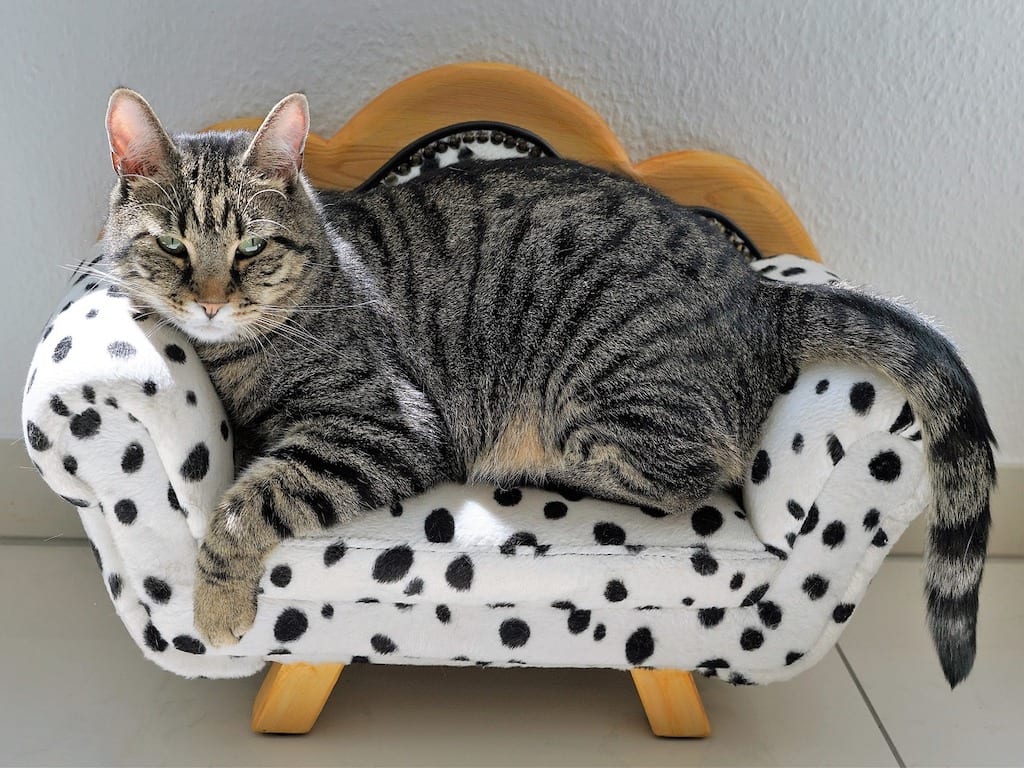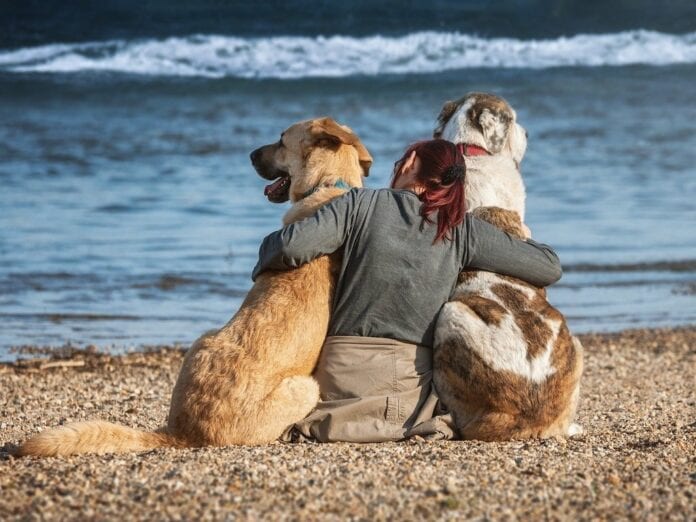After a period in which it was very difficult to move around, summer 2021 sees a rebirth of the desire to travel to discover places to visit. For those with pets, all this is possible by following a few tricks and some expert advice to turn a holiday with your dog or cat into a moment of unity and sharing for your four-legged friends too.
Dr Sabrina Giussani, a veterinary surgeon and expert in animal behaviour and Senior President of S.I.S.C.A (Italian Society for the Study of Animal Behaviour) advises on how to manage the summer period with your dog or cat.
5 rules for travelling with your dog
If you are travelling with a dog, whether large or puppy, it is essential to organise everything according to its well-being. If it is already an adult, it will know how to behave on long journeys. But if it is a newcomer and has just started to get used to the rhythms of family life, more attention will be needed.
1. Planning holidays
This step should not be underestimated, especially for those travelling with large dogs. Choose places where you can go for walks with green areas or areas designated for dogs nearby. Book in establishments or rent houses where animals are allowed, checking what accessories will be available such as fences in the gardens, times and limits on access to the beach, kennels and dedicated areas. This will allow the whole family to travel with peace of mind and enjoy a stress-free holiday.
2. Packing your dog
Always carry your dog’s health booklet with you just in case. If your dog is used to a certain type of food, travel with a sufficient supply for the duration of your holiday. For greater safety, bring a muzzle, as it may be required on public transport or other places. Finally, don’t forget the kit consisting of a kennel, bowls and hygiene products such as brushes, toys and pastimes should he be left alone in his room
3. Tricks for settling in
Every time we move, it is a form of stress for the dog, especially when we arrive in places unknown to him without the familiar smells that make him feel at home. There are various methods to overcome this feeling of loss: placing a garment in his kennel that smells of his owner, leaving him alone a little at a time and not for too many hours at a time right from the start. It is also possible to use products such as the diffuser Adaptil Calm Home which, simply plugged into the mains socket, sends a natural message of calm and serenity to the dog.Leave him free to smell everything and take in the information contained in his new environment, only then will he be able to feel his territory and even guard it if necessary.
4. Walks together
The first few days of your holiday try to spend lots of time together, walking and exploring nearby. Nothing too excessive, especially if your dog is not used to it, increase the length of walks from day to day to get him used to it and keep him trained. If the establishment or restaurant allows animals inside, don’t leave your dog alone too much, but bringing him along (if he is used to being in public places) will increase the harmony with his owner and make him feel included in the programmes, giving him serenity.
5. Moments when he is alone
There will be times when your four-legged friend needs to be alone, make sure that there is good air circulation and that the environment is not too small. Always leave a bowl with fresh water and air conditioning, especially if it is very hot.If it is in the evening in an unfamiliar place, leave a light on to help him cope with the hours alone. Let neighbours or owners know that your dog has been left alone and be contacted if necessary.
5 rules for travelling with your cat
1. New home
For cats, the home is much more important when travelling than the destination. The home environment is where you will spend most of your holiday, so it is important that it has a balcony or terrace and that there is air conditioning inside, especially in very hot locations.
2. Your cat’s suitcase
Don’t leave your cat’s usual food, bowls and toys at home, as well as its kennel. It is very important to have a litter tray and a health booklet with vaccinations. If your cat is undergoing treatment or needs certain vitamins, take them with you to cover the period away from home.
3. Setting up your home
Put all your cat’s belongings away immediately on arrival in the new accommodation, do not distribute them around the house. Opening the carrier in the bedroom, for example, will allow the cat to search the house when it is ready to leave. Once your cat has become acclimatised, you can place its things in the appropriate places: the litter tray in the bathroom, the bowl in the kitchen, the scratching post or toys in the living room. If these solutions are not enough to help your feline settle in, you can use the help of Feliway Optimuma feline pheromone complex that sends cats a message of serenity and familiarity with their environment.

4. Playing
Travelling is also stressful for your cat, and relieving it by playing and spending time together can help keep it happy.
5. Guests
Cats are not always sociable animals, they like to keep to themselves. When there are guests in the house or too many people for them to bear, they show their stress by hiding persistently. It is best to wait a few days before traumatising them with strangers in their new holiday accommodation.
The most frequent mistakes
Unconsciously, mistakes are made by dog and cat owners that can cause discomfort in the animal. Subjecting your pet to too much “information” such as noise, people and sudden movements can cause it a lot of stress.
Avoid:
- Reducing the time they need to explore their new environment
- Don’t let the cat hide as soon as it arrives, it is a necessary behaviour for the cat
- Leaving your dog alone for too long as soon as you arrive
- Letting the cat go outside to a place it does not know, this could be risky
Do not underestimate noisy events such as fireworks or parties with loud music that could frighten the animal especially in a place it does not feel is its own. Dr Giussani recommends taking the dog outside, closing the windows so that the cat has less noise or entertaining them with games and cuddles will reduce their fear.










